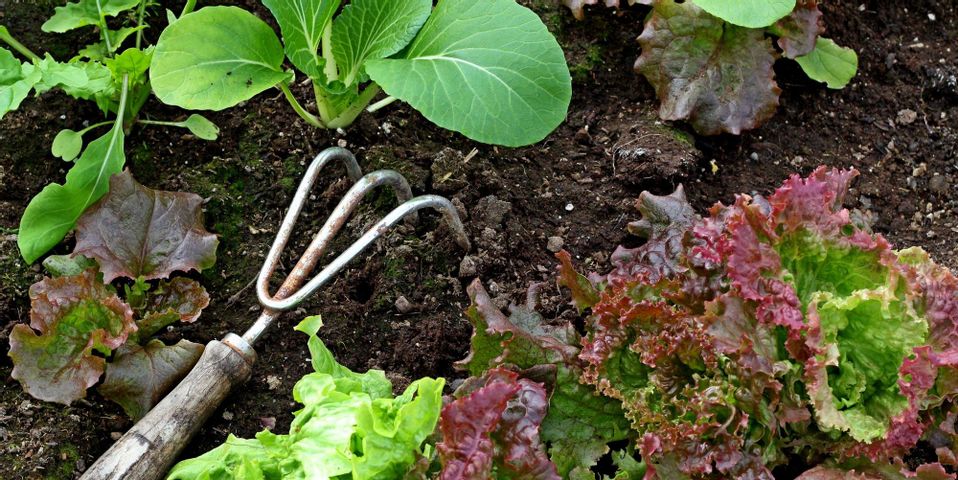A Guide to Using Herbicides for Your Garden

Commonly known as weedkillers, herbicides are any substance that can minimize or eradicate the presence of unwanted plants. While pulling or digging up the weeds should be your first course of action, these chemicals are helpful if the weeds are persistent. Before you use herbicides on your garden, here’s what you need to know.
What You Should Know About Herbicides
Should You Use Selective or Non-Selective?
When there’s a specific weed you want to eradicate, use a selective herbicide. These are created to kill a particular type of weed without harming nearby plants. There are two types:
- Pre-Emergent: Applied directly to the soil, these target young seedlings and prevent them from taking root.
- Post-Emergent: Applied to the plant itself, these are meant for weeds that have already begun to grow and mature.
Non-selective herbicides are excellent if a variety of unwanted plants have taken over an area. Marketed as “total” weedkillers, they can quickly clear out an overrun section of your lawn or garden.
How Do You Apply It?
 To maximize the efficacy of an herbicide, you must plan ahead. Don’t apply it on or before a windy day, because the chemicals will drift to an unintended area. You also want to avoid humid days, as the excess moisture can dilute the potency of the chemicals.
To maximize the efficacy of an herbicide, you must plan ahead. Don’t apply it on or before a windy day, because the chemicals will drift to an unintended area. You also want to avoid humid days, as the excess moisture can dilute the potency of the chemicals.
What Protection Do You Need?
Always use protective gear, like a mask, gloves, and coveralls when applying chemical herbicides. Direct exposure will irritate your skin, eyes, and respiratory system. Keep children and pets indoors while using it and wait a day or two until the product has been fully absorbed before letting them back onto the lawn or garden.
What Is Resistance?
Relying too heavily on herbicides can inadvertently lead to resistance, which is essentially when the weed develops a tolerance for the substance and becomes immune to it. If you notice this happening, look into a different product or method of weed control.
Are There Other Products to Consider?
Not all herbicides are chemically engineered. There are products on the market now that rely on essential oils like clove, cinnamon, or lemongrass. Additionally, pulling up weeds and promptly covering them with a thick, dense layer of mulch has proven effective. Empty sunflower shells can also be used as a pre-emergent herbicide; if you have birds and a bird feeder, you can easily collect the shells that drop below. These two methods may not be as fast-acting or potent as their chemical counterparts, but they’re more gentle on your surrounding plants.
Whether you’re interested in learning about other methods of weed control or you’d like to try herbicides on your property, Gregg Farm Services can help you find what you need. Located in Gassville, AR, they’ve served their community for more than 20 years and are known for their dedicated customer service. They’ll gladly listen to your concerns and answer any questions you may have about gardening or farming. For information on their current inventory, visit the website or call them today at (870) 481-5165.
About the Business
Have a question? Ask the experts!
Send your question

.Ws4_gTOfZ.png)